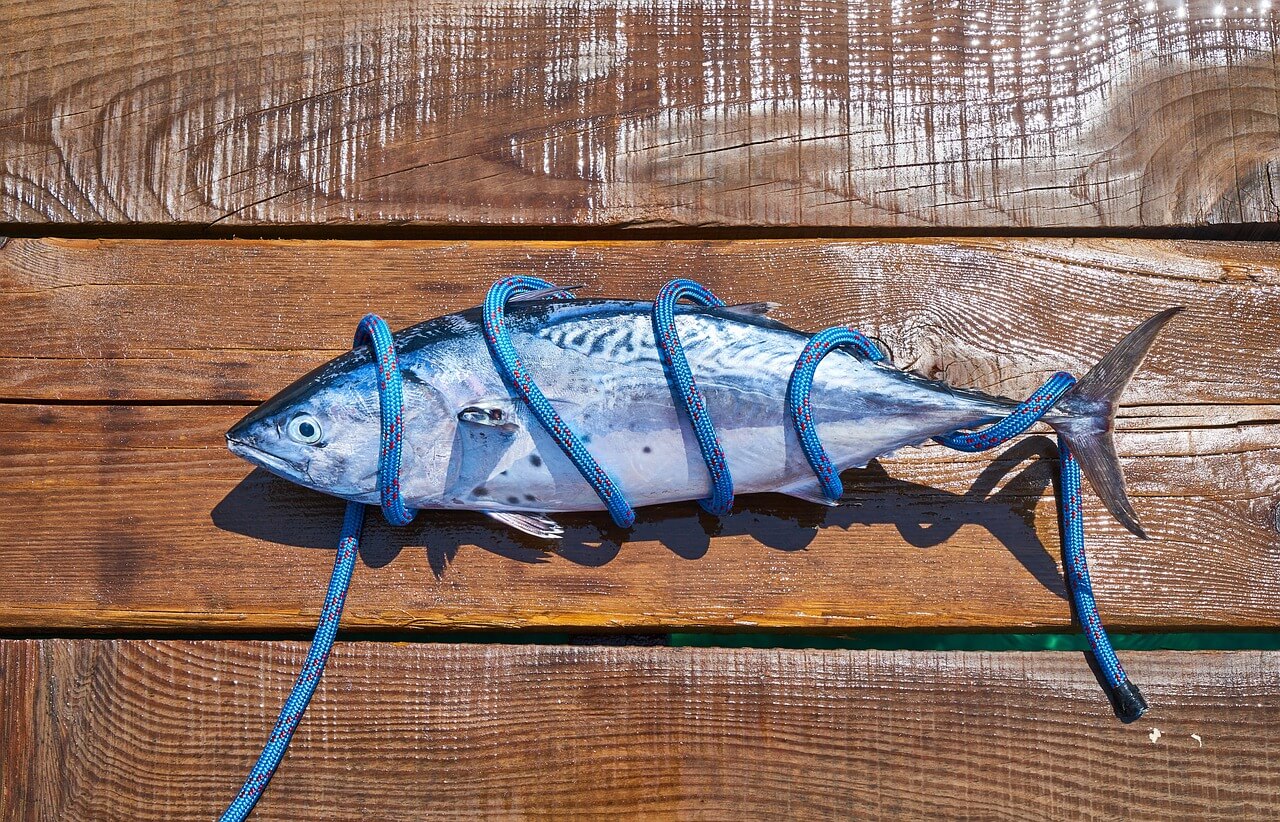Rancidity in fish oil supplements arises when a product becomes oxidized. In such a supplement, a rancid example can involve a strong fishy taste and rotten smell. However, the rancidity is often being masked by flavorings by many international supplemental companies. There are factors that can help you determine the quality and freshness of a fish oil supplement. In order to make sure one is staying on the healthy end of a dietary supplement intake, it is best to be informed.
Table of contents:
- Rancidity in Fish Oil Supplements
- Are Fish Oil Supplements Safer Than Eating Fish?
- Why are fish oil supplements so popular?
- Contamination
Rancidity in Fish Oil Supplements
According to multiple global studies, conducted since 2015, several products available in the market utilize oxidized oils, often concealing rancidity through the incorporation of flavorings. Additionally, a study from 2015 revealed that, on average, 20% of products demonstrated excessive oxidation. The potential harm of rancid fish oil remains uncertain; however, certain studies suggest that highly oxidized fish oil may adversely affect cholesterol levels. Animal testing has indicated toxic effects associated with high doses. Moreover, it is noteworthy that rancid oil is likely to exhibit diminished efficacy compared to its fresh counterpart.
“It was fairly frequent,” said Dan Mark, Labdoor’s research director (Labdoor, which analyses vitamins and supplements based on criteria such as purity, label accuracy and nutritional value). “For us, they would start to smell and feel off.”
Are Fish Oil Supplements Safer Than Eating Fish?
While fish has long been hailed as a cornerstone of a healthy diet, recent alarms regarding the pervasive contamination of fish by mercury, PCBs, and dioxins have left health-conscious consumers at a crossroads.
The question arises: how can one harness the health-enhancing benefits of marine omega-3 fatty acids without exposing the body to potential toxins? In the past decade, a surge in the adoption of fish oil supplements has addressed this dilemma, offering a means to boost the body’s omega-3 fatty acid levels without the associated risks of environmental pollutants.
Researchers from Brigham and Women’s Hospital and Harvard Medical School in Boston conducted a comprehensive analysis of five brands of fish oil supplements, revealing that levels of PCBs and organochlorine pesticides were consistently below the detectable limit across all tested brands. The conclusions drawn by the study authors are profound; if an individual were to adhere to the optimal recommended amount of consuming fish from the Great Lakes—approximately 400 grams per week—they would potentially ingest a staggering 70 times more PCBs and 120 times more organochlorine pesticides compared to supplementing with the average daily dose of fish oil (1.5 grams) for one week.(2) These findings underscore the remarkable safety profile offered by fish oil supplements in mitigating exposure to these contaminants when compared to traditional dietary sources.
Why are fish oil supplements so popular?
The widespread popularity of fish oil supplements can be attributed to the superior bioavailability of EPA and DHA, the most bioavailable forms of omega-3 fatty acids, as compared to traditional dietary sources like salmon.
However, apprehensions were heightened when the United States Pharmacopeia cautioned that fish oil supplements might harbor elevated levels of PCBs, arsenic, and other toxins akin to those found in wild fish. This concern intensified with a UK study revealing high levels of PCBs, chlorinated pesticides (DDT), and other contaminants in cod liver oil supplements. Amidst this apprehension, international standards and quality-assurance programs have been instituted to allay consumer fears, ensuring the safety and quality of fish oil supplements. Rancicidy in fish oil is dangerous and thus, many goverments around the world issue their own quality standards for such supplements.
Contamination
Throughout their history, the Council for Responsible Nutrition and the World Health Organization have published acceptability standards regarding contaminants in fish oil. The most stringent current standard is the International Fish Oils Standard. Fish oils that are molecularly distilled under vacuum typically make this highest-grade; levels of contaminants are stated in parts per billion per trillion.
Conclusion
In the contemporary environment, elevated levels of contaminants such as mercury, PCBs, and dioxins in our waters pose a potential risk for individuals who regularly include certain fish in their diet. While this doesn’t imply a wholesale avoidance of fish-based meals, it underscores the importance of prudent choices.
Published studies unequivocally highlight the health advantages linked to fish consumption. However, the challenge lies in moderation and selecting the right varieties. Fortunately, the extensive array of health benefits associated with fish intake can be reliably and safely accessed through superior fish oil supplements. The commitment to rigorous testing standards and an unwavering dedication to quality assurance ensure the creation of fish oil products that are not only effective but also safe for you and your family – rancidity free fish oil.
Disclaimer: As a service to our readers, MVS Pharma GmbH publishing provides access to our library of archived content – in our blog. Please note the date of last review or update on all articles. No content on this site, should ever be used as a substitute for direct medical advice from your doctor or other qualified clinician.
Sources:
- Erratum to “Response to Bannenberg and Rice” Nutrition Reviews, nuab037
- Nutrition Reviews, Volume 79, Issue 12, December 2021, Page 1394
- Melanson SF, Lewandrowski EL, Flood JG, Lewandrowski KB. Measurement of organochlorines in commercial over-the-counter fish oil preparations: implications for dietary and therapeutic recommendations for omega-3 fatty acids and a review of the literature. Arch Pathol Lab Med. 2005
- Molecular distillation Wikipedia article
- Medical Press – “Tests find many popular omega 3 supplements are rancid”
- National Library of Medicine – “A Multi-Year Rancidity Analysis of 72 Marine and Microalgal Oil Omega-3 Supplements”


